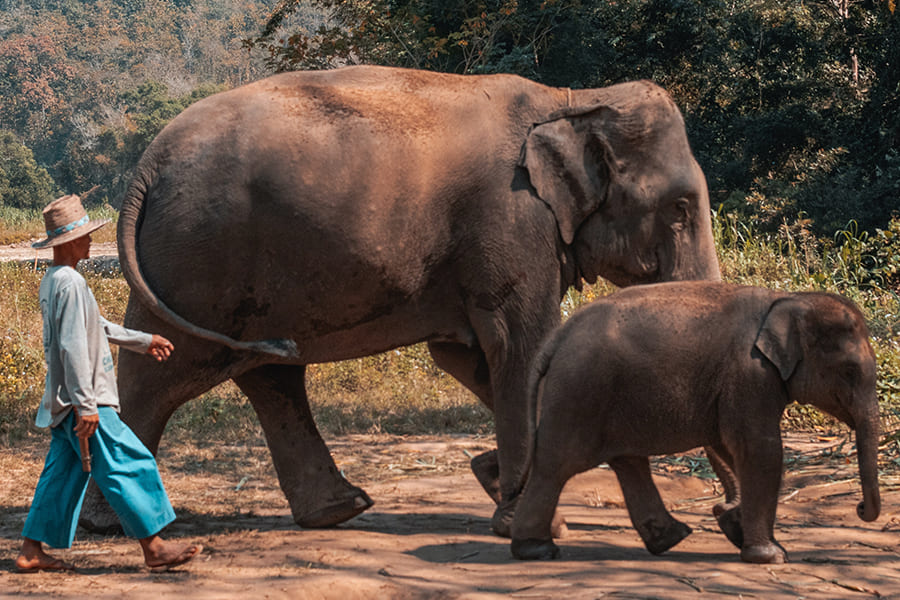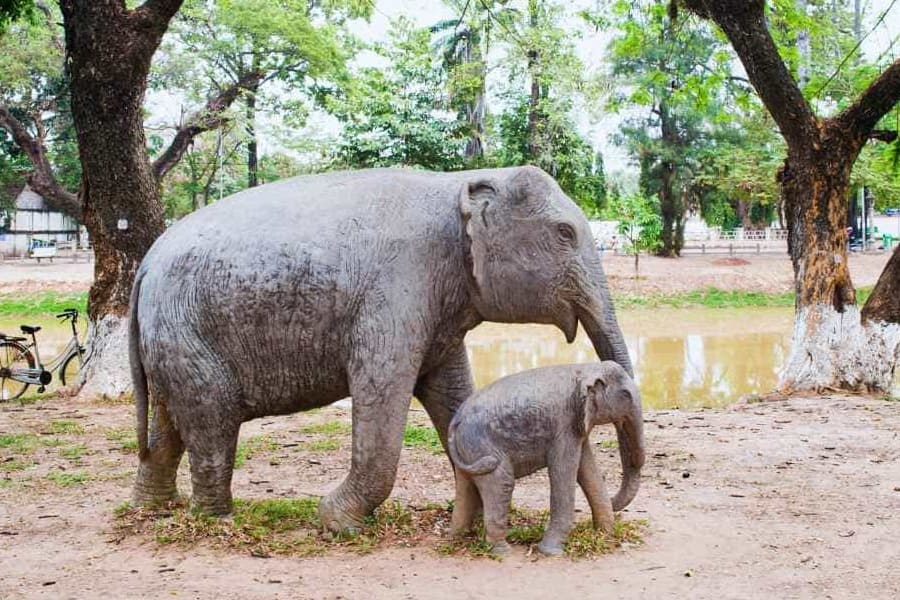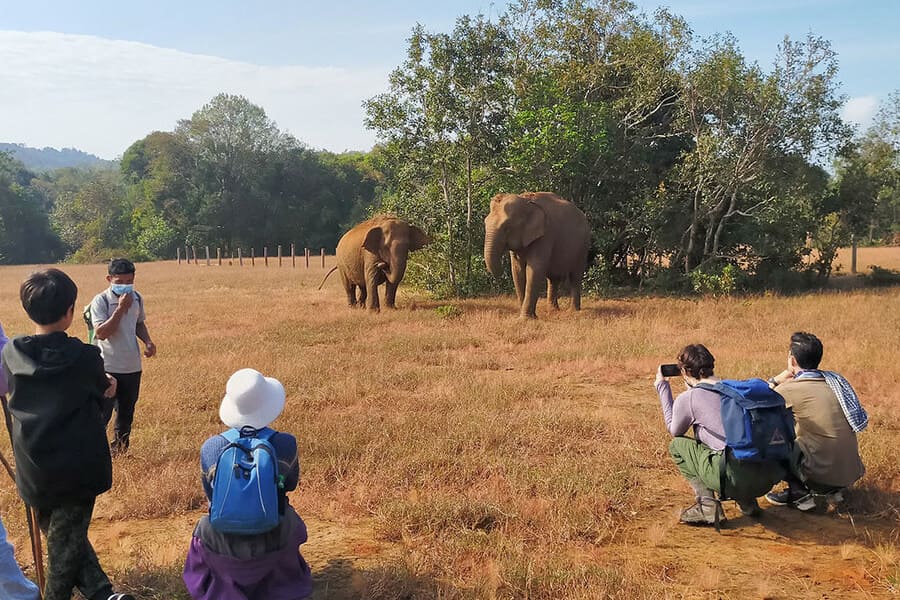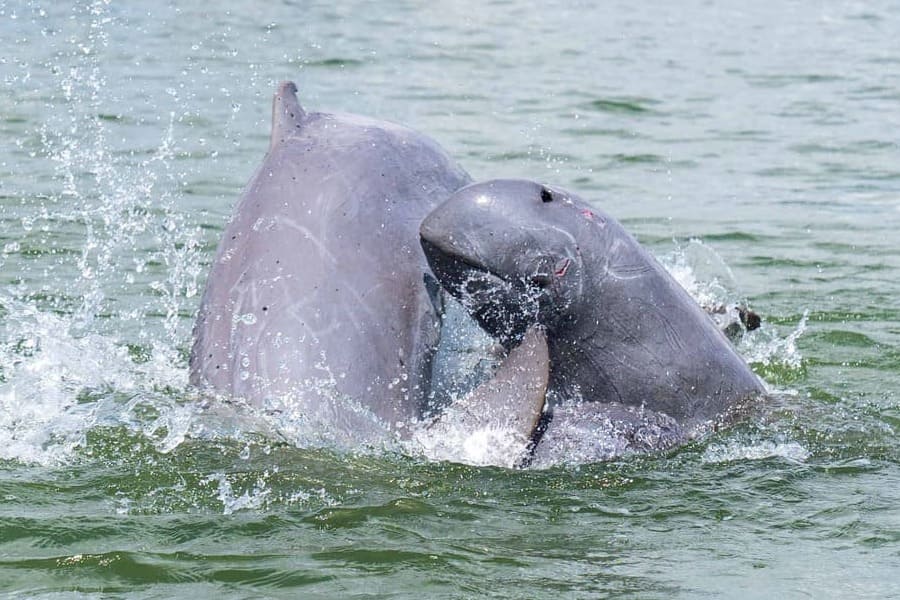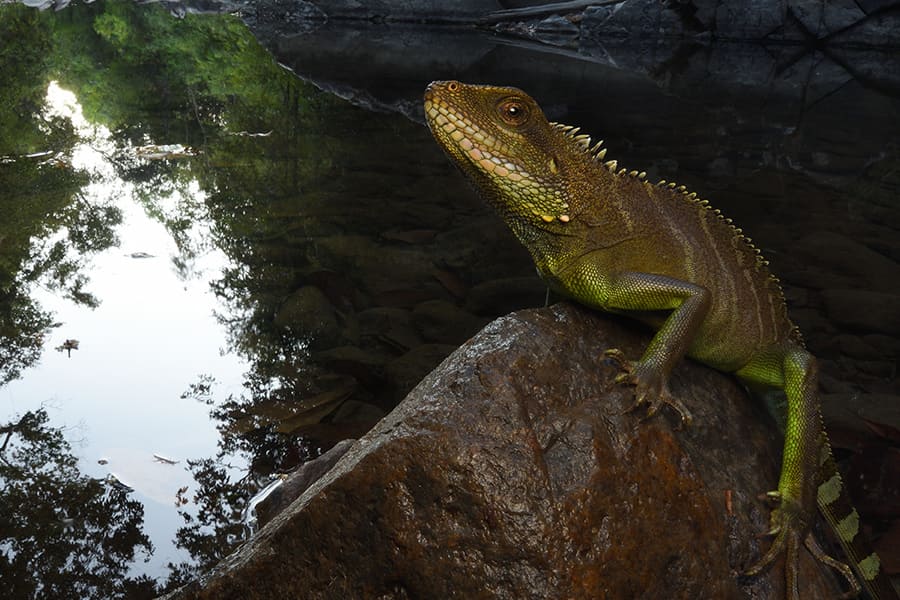Embarking on a cambodia trip unveils a world of natural wonders and diverse ecosystems teeming with wildlife. From lush rainforests to pristine coastal habitats, Cambodia boasts a rich biodiversity that attracts wildlife enthusiasts from around the globe. However, with the allure of wildlife tourism comes the responsibility to ensure that our interactions with wildlife are ethical, sustainable, and respectful of the natural environment.
Contents
What is Responsible Wildlife Tourism?
Responsible wildlife tourism refers to the practice of experiencing and interacting with wildlife in a manner that prioritizes the well-being of the animals, respects their natural habitats, and contributes to conservation efforts. It encompasses a set of principles and guidelines aimed at minimizing negative impacts on wildlife and promoting sustainable tourism practices.
Benefits of Responsible Wildlife Tourism
Responsible wildlife tourism offers a multitude of benefits, both for the wildlife and the surrounding environment, as well as for local communities and travelers. Here are some key advantages of responsible wildlife tourism:
Conservation of Wildlife:
By promoting responsible interactions with wildlife and their habitats, responsible wildlife tourism contributes to the conservation of endangered species and their ecosystems. By supporting conservation initiatives and sustainable tourism practices, travelers play a crucial role in protecting biodiversity and preserving natural habitats for future generations.
Protection of Natural Habitats:
Responsible wildlife tourism emphasizes the importance of conserving natural habitats, such as rainforests, wetlands, and marine environments, which are essential for the survival of many species. By reducing habitat destruction, pollution, and other threats, responsible tourism helps safeguard these ecosystems and the wildlife they support.
Economic Benefits for Local Communities:
Responsible wildlife tourism can provide significant economic opportunities for local communities, including employment in tourism-related industries, income from visitor spending, and support for small businesses and entrepreneurs. By involving local communities in tourism activities and revenue-sharing arrangements, responsible tourism can contribute to poverty alleviation and sustainable development.
Cultural Preservation:
Wildlife tourism often takes place in areas where indigenous communities and traditional cultures coexist with nature. Responsible tourism practices respect the cultural heritage and rights of local communities, promoting cultural exchange, mutual respect, and the preservation of traditional knowledge and practices.
Education and Awareness:
Responsible wildlife tourism provides opportunities for education and awareness-raising about wildlife conservation, biodiversity, and environmental sustainability. Through guided tours, interpretive programs, and interactive experiences, travelers can learn about the importance of protecting wildlife and their habitats and become advocates for conservation in their own communities.
Enhanced Travel Experiences:
Responsible wildlife tourism offers travelers the opportunity to connect with nature in meaningful and authentic ways, fostering a deeper appreciation for wildlife and the natural world. By engaging in responsible activities such as wildlife watching, nature walks, and conservation projects, travelers can create unforgettable memories while supporting conservation efforts.
Long-Term Sustainability:
By prioritizing ethical and sustainable tourism practices, responsible wildlife tourism helps ensure the long-term viability of tourism destinations and their natural resources. By minimizing negative impacts on wildlife and the environment, responsible tourism promotes the sustainability of tourism operations and helps protect the integrity of natural ecosystems for future generations to enjoy.
Key Wildlife Spots in Cambodia Practicing Responsible Wildlife Tourism
Cardamom Mountains
The Cardamom Mountains, located in southwestern Cambodia, are one of Southeast Asia's largest and most biodiverse rainforests. This remote and rugged region spans several provinces, including Koh Kong, Pursat, and Kampong Speu.
The area is renowned for its rich biodiversity, including:
- Elephants: The Cardamom Mountains are a crucial habitat for the endangered Asian elephant.
- Gibbons: Several species of gibbons, such as the pileated gibbon, can be found swinging through the treetops.
- Bird Species: The region is home to numerous bird species, including the endangered Siamese crocodile and the critically endangered Bengal florican.
Tonle Sap Lake
Tonle Sap Lake is Southeast Asia's largest freshwater lake, located in the central part of Cambodia. It is a UNESCO Biosphere Reserve and one of the most productive inland fisheries in the world
The lake is home to a diverse range of aquatic species, including:
- Irrawaddy Dolphins: This endangered species can be found in the Mekong River, connected to Tonle Sap Lake.
- Fish Species: Over 200 fish species inhabit the lake, supporting local fisheries and biodiversity.
Floating Villages: The lake is surrounded by floating villages where communities live in harmony with the seasonal ebb and flow of the waters.
Bird Sanctuary: The Prek Toal Bird Sanctuary, located on the lake's northwestern edge, is a critical breeding ground for large water birds, including storks, pelicans, and ibises.
Virachey National Park
Virachey National Park, located in northeastern Cambodia, spans the provinces of Ratanakiri and Stung Treng. It covers an area of about 3,325 square kilometers, making it one of Cambodia’s largest protected areas.
The park offers opportunities for responsible eco-tourism, including guided treks, bird watching, and cultural experiences with indigenous communities like the Brao and Kavet people.
Tips for Responsible Wildlife Tourism in Cambodia
Engaging in responsible wildlife tourism in Cambodia is essential for preserving the country's rich biodiversity and supporting local communities. Here are some tips to ensure that your wildlife experiences are ethical, sustainable, and respectful:
- Choose Responsible Tour Operators: Select tour operators and guides who prioritize wildlife conservation, adhere to ethical guidelines, and support local communities. Look for operators with certifications or memberships in organizations that promote responsible tourism practices.
- Research Wildlife Encounters: Before participating in wildlife encounters or experiences, research the operator's practices and reputation. Ensure that the activities are conducted in a manner that respects the welfare of the animals and their natural habitats.
- Follow Local Regulations: Respect and adhere to local regulations and guidelines governing wildlife encounters and protected areas. Obtain necessary permits or permissions for activities such as birdwatching, wildlife photography, or guided tours in national parks and wildlife sanctuaries.
- Support Conservation Efforts: Contribute to wildlife conservation efforts by donating to reputable conservation organizations, volunteering for wildlife monitoring or habitat restoration projects, or participating in eco-tourism initiatives that support local conservation efforts.
- Educate Yourself and Others: Take the time to learn about the wildlife species you encounter, their behaviors, and their conservation status. Share your knowledge and experiences with others to raise awareness about the importance of wildlife conservation and responsible tourism practices.
- Respect Local Communities: Respect the cultural traditions, customs, and beliefs of local communities living near wildlife habitats. Engage with communities in a respectful and culturally sensitive manner, and support local businesses and initiatives that benefit both people and wildlife.
Practicing responsible wildlife tourism in Cambodia is essential for preserving the country’s rich biodiversity and supporting sustainable development. By choosing ethical tour operators, respecting wildlife and their habitats, supporting local communities, and minimizing environmental impact, travelers can enjoy Cambodia’s natural beauty while contributing to conservation efforts. As we explore the diverse ecosystems and unique species of this remarkable country, let’s commit to being mindful and responsible tourists, ensuring that future generations can also experience the wonders of Cambodia’s wildlife.

